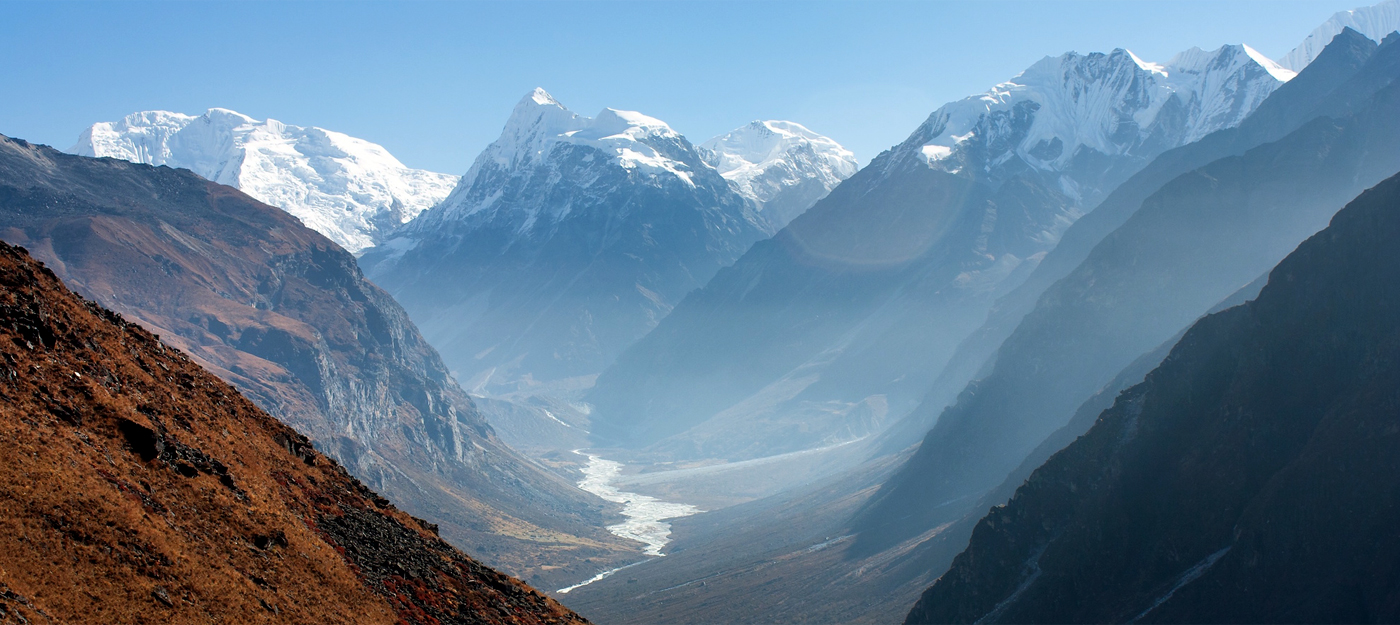
Safety & Security
It’s only normal to be exposed to unknown circumstances in Nepal while seeking the adventure you crave. In Nepal, the biggest health concern is either diarrhea or respiratory infection. Other factors include mountain sickness, an uncommon but potentially infectious disease, trekking accidents, and even death. The chance of dying from a falling boulder or a slick trail is 1 in 7000. While death is unavoidable, there are some precautions that should be taken seriously in the case of illness.
The Nepali government does not require travelers to be immunized in order to enter the country. Also, it is very important to consult it with your doctor for the vaccination but some recommended vaccination are Hepatitis A, Hepatitis B,meningococcal meningitis, Polio,Japanese encephalitis, rabies, tetanus-diphtheria-pertussis and typhoid. Therefore, it is very important to consider these factors and act accordingly.
With the progress of urbanization, it is clear that the opportunities for criminal activity have increased as well, and it is critical to stay secure in any location around the world. Despite this, it is commonly believed and seen that the bulk of the population remains friendly, humble, and hospitable.
Although most individuals in the country are careful of their property and frequently are protective of their guests’ stuff, it is critical to safeguard your personal belongings and avoid unintended consequences. If you can’t afford to lose something, it’s best not to carry it around town or village or on the route unprotected.
Also, be careful not to leave your cell phones, clothes, luggage, or any other belongings out in the open unattended, as nomadic Tibetans in some parts of the Himalayas see unattended objects as discarded.
